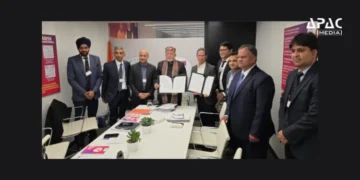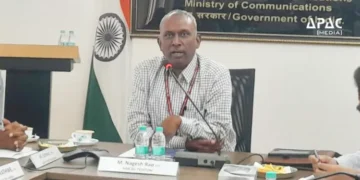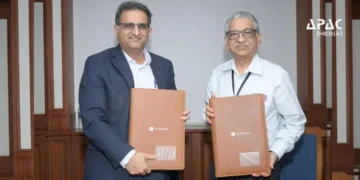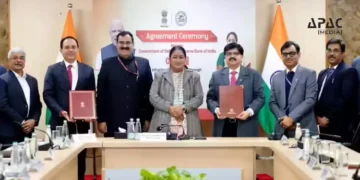New Delhi: Johns Hopkins University (JHU) has unveiled two pivotal programs in India aimed at tackling pediatric tuberculosis (TB) and promoting women’s leadership in science, technology, engineering, mathematics, and medicine (STEMM). The programs are set to roll out over the next year.
The initiatives include the TB-Free Schools Initiative, addressing childhood TB through prevention, diagnosis, and treatment in four regions across Maharashtra, Uttar Pradesh, and Tamil Nadu. The second program, a national fellowship, aims to empower 40 early-career women scientists in India by providing technical training, mentorship, and leadership development. The TB-Free Schools Initiative will focus on Pune, Satara, Gorakhpur, and Chennai. The fellowship program will be coordinated by the Johns Hopkins Gupta-Klinsky India Institute (GKII), working closely with Indian and international partners.
The initiative has been introduced in light of findings from the National TB Elimination Program (NTE). It reveals that India reports 6% of TB cases among children under 15, making pediatric TB elimination a public health priority. Meanwhile, although 43% of India’s STEMM graduates are women, only 17% are in research roles, highlighting gender disparities. These programs aim to bridge critical gaps in healthcare and gender equity.
For the purpose, JHU has collaborated with the Indian government, Serum Institute of India, and AIIMS Gorakhpur for the TB initiative. For the STEMM fellowship, JHU has partnered with the U.S. Department of State’s U.S.-India Alliance for Women’s Economic Empowerment, providing participants with education, networking, and mentorship.
JHU President Ronald J. Daniels emphasized the university’s commitment to India’s innovation and human development, calling the initiatives a testament to the power of collaboration.



































































Discussion about this post